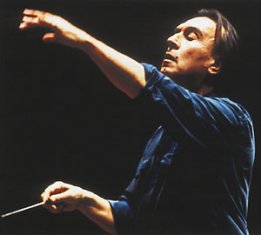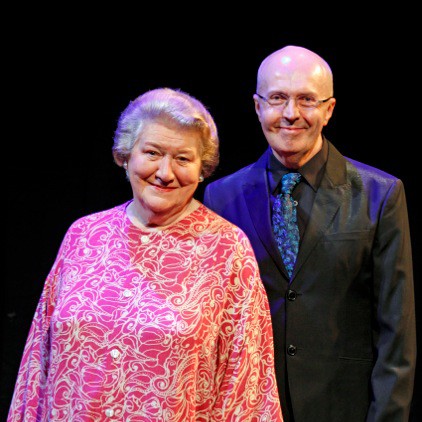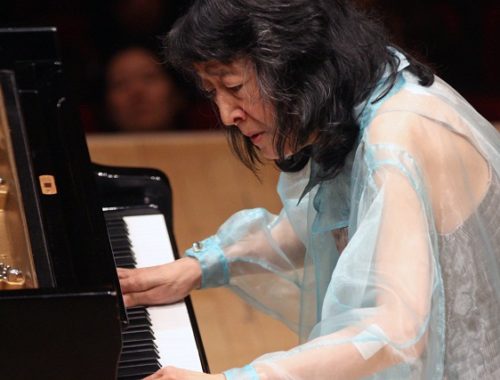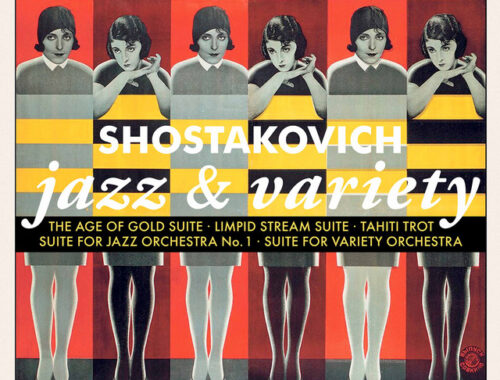Claudio Abbado 1933-2014
 Conductors achieving superstar status are rarely shy, self-effacing, and humble – but that was the paradox characterising Claudio Abbado throughout his extraordinary career. I came in during the nine years he was Principal Conductor of the London Symphony Orchestra when his dynamism and smouldering good looks were such a good fit for the hippest and flashiest of the London orchestras. I remember early discs like the coupling of Prokofiev’s ballets Chout and Romeo and Juliet and the Janacek’s Sinfonietta and Hindemith’s Symphonic Metamorphoses on Themes of Weber – classics both. But most of all I remember his first London performances of Mahler’s Second Symphony “Resurrection” where we first reconciled the dynamism to a deeper, much deeper, spirituality.
Conductors achieving superstar status are rarely shy, self-effacing, and humble – but that was the paradox characterising Claudio Abbado throughout his extraordinary career. I came in during the nine years he was Principal Conductor of the London Symphony Orchestra when his dynamism and smouldering good looks were such a good fit for the hippest and flashiest of the London orchestras. I remember early discs like the coupling of Prokofiev’s ballets Chout and Romeo and Juliet and the Janacek’s Sinfonietta and Hindemith’s Symphonic Metamorphoses on Themes of Weber – classics both. But most of all I remember his first London performances of Mahler’s Second Symphony “Resurrection” where we first reconciled the dynamism to a deeper, much deeper, spirituality.
The extraordinary thing about Abbado was that he demonstrated in a way that I have never encountered since or before that it was possible to communicate the most personal and comprehensive understanding of great music without ever drawing attention to yourself. There was no ego – visible or otherwise – just a commitment, profound and enduring, to the composer and his work. He opened our ears as never before to page after page of score we thought we knew but had never heard revealed with such clarity and he instinctively knew how sound related to phrasing and how the vertical in music (texture) and the horizontal (line) must be in perfect balance fully to reveal the all-important harmonic movement. His performances were always revelatory in that respect.
His critical illness and subsequent surgery seemed only to deepen and intensify his inner-self and a determination to go on making great music for as long as there was breath in him. The proximity of his own mortality brought him closer to the last great utterances of composers like Mahler and Bruckner and when in 2010 he revisited Mahler’s 9th Symphony with his beloved Lucerne Festival Orchestra an extraordinary silence of some minutes followed the final fade to black. It was as if the music was not gone but still somewhere, somehow, in the air and that in those silent minutes – and how much a part of music silence is – Abbado had glimpsed eternity.
You May Also Like

DAME PATRICIA ROUTLEDGE: Facing The Music – A Life in Musical Theatre
06/03/2024
GRAMOPHONE: From Where I Sit – February 2019
27/02/2019